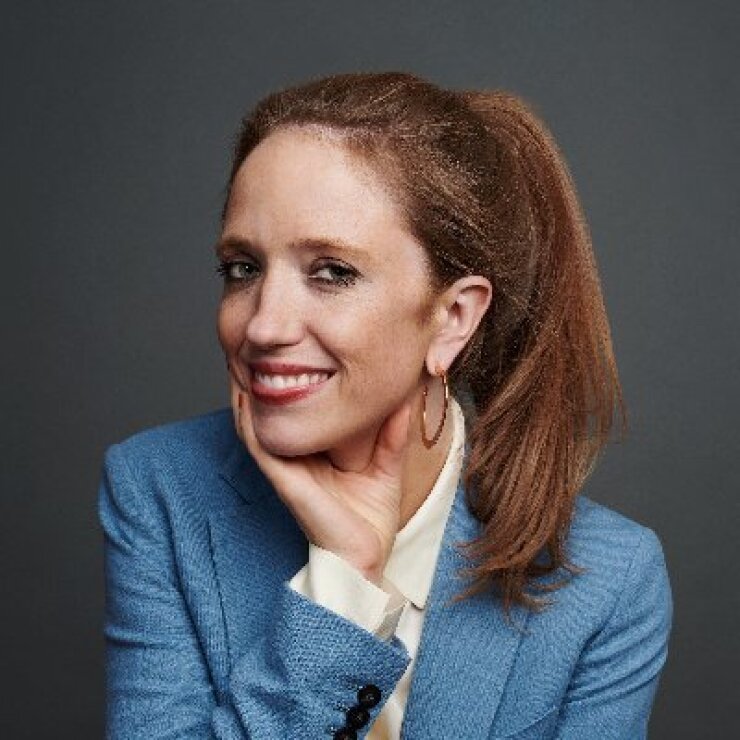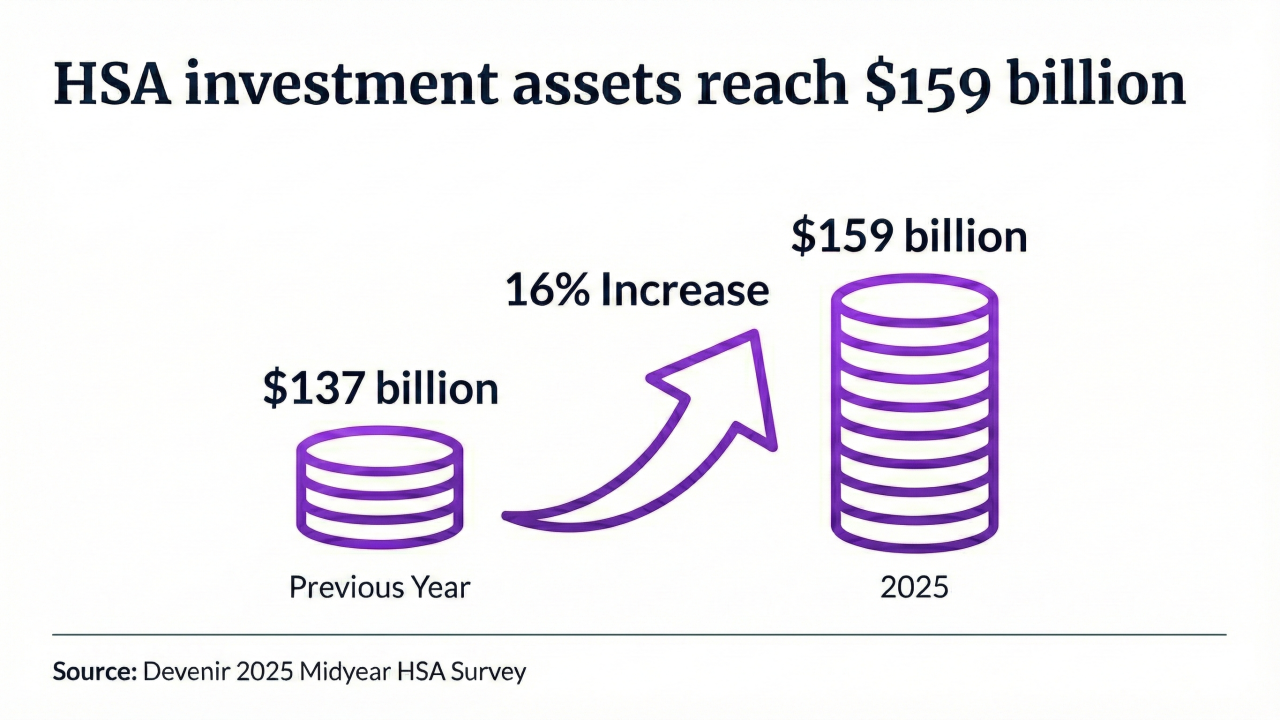Organizations have a powerful tool to help combat the growing crisis of
Almost three million women have left the workforce since February of 2022, according to the Department of Labor. Women are also dealing with higher rates of burnout, depression and anxiety, driving them
Employers can utilize telehealth benefits in an effort to prevent the long term consequences relating to poor mental health and care responsibilities impacting women and their families. Telehealth benefits help women prioritize their health and well-being, says Kate Ryder, CEO of Maven, a women’s and family digital health company.
Read more:
“We've always believed that telemedicine is one of the best ways to bring better care to women and families,” Ryder says. “COVID has really laid bare disparities in care and there’s been a real push in healthcare and among top executives to really start to address it.”
More than three-quarters of employees have provided telehealth options for employees during COVID, according to a survey by Business Group on Health. More than half of employers plan to add to their telehealth offerings in 2021, the survey found.
Read more:
Maven expanded and adapted their services throughout the pandemic with a suite of new partnerships and benefits that tackle mental health support, family planning and women’s health needs. In a recent interview, Ryder shared why it’s so critical to address these challenges and how telehealth benefits are the key to supporting women in the workplace.

How is COVID impacting women at work?
We have seen a lot of women
A lot of employers have had to create more flexible work and part-time policies to try to retain women in the workforce because they're so at risk. It’s a huge crisis that we’re all now recognizing. I’m part of a group that put together the
How can telehealth be used to address these issues?
When an employer identifies an area that's been underfunded and is now impacting a group that is being affected by COVID, that's not going to go away on the agenda. People are finally talking about health equity as something that needs to be prioritized, which wasn't always the case. The technology and innovation are there. It’s exciting because there's such an opportunity for better care for women and families when you're leveraging more efficient modalities like telehealth.
We've always believed that telemedicine is one of the best ways to bring better care to women and family health. Everyone's stuck at home so telehealth is so much more convenient and safe. We help populations
How has Maven adapted to respond and support women throughout COVID?
When the pandemic hit, because we are the largest telehealth platform in women’s and family health, we started setting up emergency contracts to get our telehealth in the hands of as many people as possible. Fertility clinics were shutting down, pediatric clinics were shutting down and a lot of populations needed care. We ensured 24/7 support from our members. [At Maven,] we saw a 300% increase in our mental health appointments on our platform during the pandemic. We also saw that family was top of mind. The demand for fertility and maternity and parenting support was strong.
As it became clear that this was going to last for a much longer time, we






